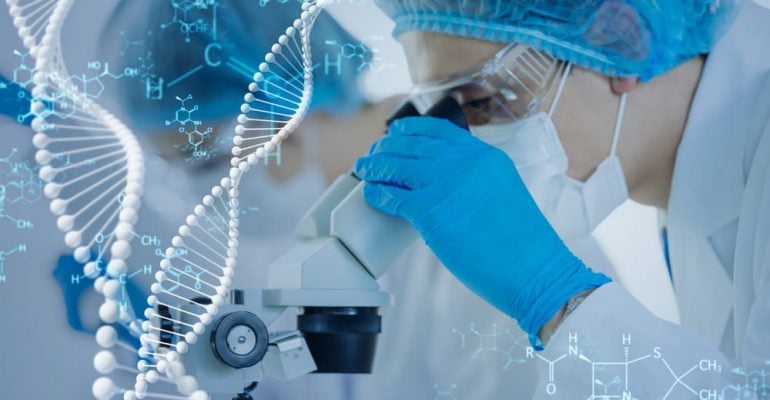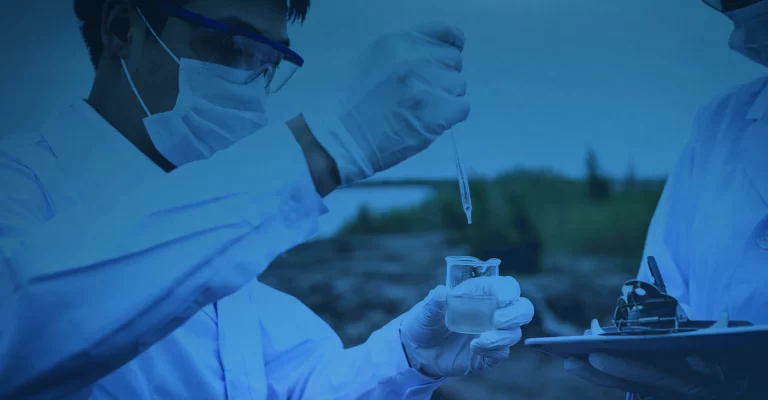Unraveling the Code of Life: The Intersection of Genomics and Biotechnology
March 29, 2024 2024-04-04 9:35Unraveling the Code of Life: The Intersection of Genomics and Biotechnology

Unraveling the Code of Life: The Intersection of Genomics and Biotechnology
In the realm of scientific discovery and innovation, genomics and biotechnology stand as two of the most dynamic and transformative fields. Together, they are unlocking the mysteries of the genetic code and leveraging this knowledge to pioneer advancements in medicine, agriculture, and environmental science. This article explores the profound impact of the fusion between genomics and biotechnology, highlighting the groundbreaking developments and the potential they hold for the future.
The Essence of Genomics
Genomics is the study of the complete set of DNA within an organism, including all of its genes. This comprehensive approach allows scientists to understand the structure, function, and evolution of genomes, and how genes interact with each other and the environment to influence an organism’s growth, development, and health. The advent of rapid sequencing technologies has propelled genomics into a new era, making it possible to decode genetic information at an unprecedented pace and scale.
Biotechnology: Harnessing Genetic Insights
Biotechnology involves the manipulation of living organisms or their components to develop products and processes that benefit humanity. With the insights provided by genomics, biotechnology has evolved beyond its traditional boundaries. It now incorporates sophisticated genetic engineering techniques, including CRISPR-Cas9 genome editing, to modify DNA with precision, offering solutions to some of the most pressing challenges in healthcare, agriculture, and environmental protection.
Revolutionizing Medicine
One of the most promising applications of genomics and biotechnology is in the field of personalized medicine. By analyzing an individual’s genetic makeup, healthcare providers can tailor treatments to the patient’s specific genetic profile, improving efficacy and reducing the risk of adverse reactions. Furthermore, genomics is driving the discovery of genetic markers for various diseases, enabling earlier detection and intervention. Biotechnological innovations, such as gene therapy, offer the potential to correct or replace faulty genes, opening new avenues for curing genetic disorders.
Transforming Agriculture
In agriculture, genomics and biotechnology are working hand in hand to develop crops that are more resilient, nutritious, and environmentally sustainable. Genetic engineering allows for the introduction of traits such as drought resistance, pest resistance, and enhanced nutritional content, contributing to food security and reducing the ecological footprint of agriculture. Genomic tools are also being used to accelerate breeding programs, identifying desirable traits with greater speed and accuracy.
Safeguarding the Environment
The intersection of genomics and biotechnology holds significant promise for environmental conservation. Through the development of bio-remediation techniques, scientists are engineering organisms capable of breaking down pollutants and detoxifying contaminated environments. Additionally, genomic studies of biodiversity are enhancing our understanding of ecosystems, informing conservation strategies and helping to preserve genetic diversity.
Navigating Ethical Considerations
As with any powerful technology, the advancements in genomics and biotechnology come with ethical considerations. Issues such as genetic privacy, the potential for genetic discrimination, and the implications of genetically modified organisms (GMOs) necessitate careful deliberation and responsible management. Engaging with these ethical challenges is essential for ensuring that the benefits of these technologies are realized while minimizing potential harms.
Conclusion
The convergence of genomics and biotechnology is driving unprecedented progress across multiple sectors, offering new hope for tackling longstanding challenges. As we continue to explore the vast potential of the genetic code, the synergy between these fields promises to usher in a new era of innovation, improving the health of our planet and its inhabitants. The journey of discovery is far from over, and the future of genomics and biotechnology is bright with possibilities.
Popular Tags


















